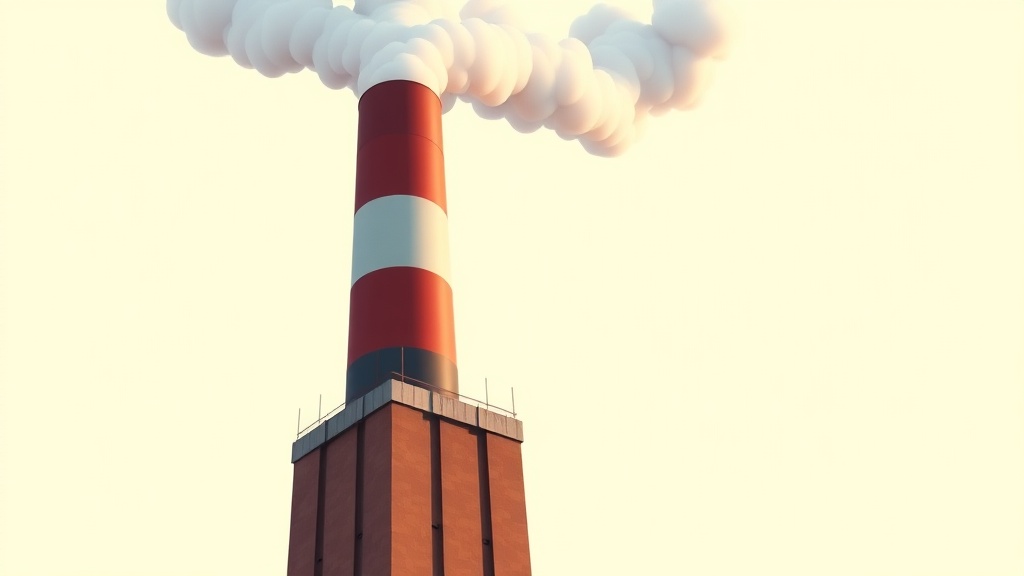Home / Environment / 1 in 25 Participants at 2025 UN Climate Summit Are Fossil Fuel Lobbyists
1 in 25 Participants at 2025 UN Climate Summit Are Fossil Fuel Lobbyists
14 Nov
Summary
- Over 1,600 fossil fuel lobbyists at 2025 UN climate talks, outnumbering most countries
- Fossil fuel industry received 60% more passes than the 10 most climate-vulnerable nations
- Fossil fuel lobbyists outnumber delegates from Philippines, Iran, and Jamaica by up to 50:1

As the 2025 UN climate summit in Belém, Brazil kicks off, a new analysis has revealed a concerning trend: over 1,600 fossil fuel lobbyists have been granted access to the conference, significantly outnumbering the delegations of most participating countries.
The findings, published by the Kick Big Polluters Out (KBPO) coalition, show that one in every 25 participants at Cop30 is a representative of the fossil fuel industry. This represents a 12% increase from last year's climate talks in Baku, Azerbaijan, and is the largest concentration of industry lobbyists at a UN climate conference since KBPO began tracking their presence in 2021.
The fossil fuel industry's outsized influence at the climate talks is particularly troubling given the escalating climate crisis. In the lead-up to Cop30, countries like the Philippines, Iran, and Jamaica have been devastated by extreme weather events fueled by global heating, yet their official delegations are vastly outnumbered by fossil fuel lobbyists - by as much as 50 to 1 in some cases.
Experts warn that this corporate capture of the climate negotiations undermines the credibility of the process and the ability of world leaders to take meaningful action to address the climate emergency. As the UN special rapporteur for climate change, Elisa Morgera, stated, "After the ICJ advisory opinion and the well-document six-decade playbook of climate obstruction, states at Cop should recognize the irreconcilable conflict of interest of the fossil fuel industry."
With 2025 set to be among the hottest years on record, the pressure is on for the UN to take concrete steps to limit the influence of the fossil fuel industry at its climate summits, where world leaders are supposed to negotiate in good faith to curtail the climate catastrophe.



